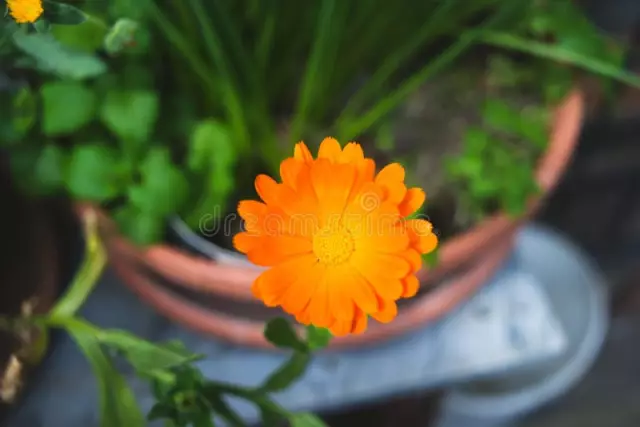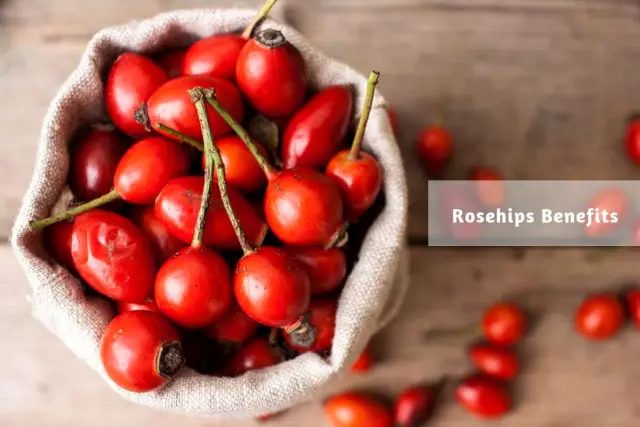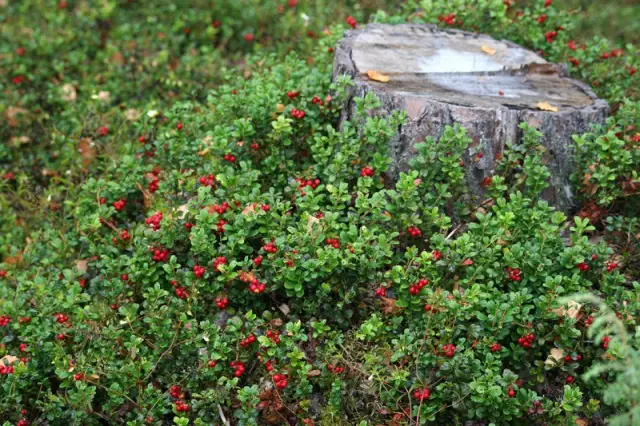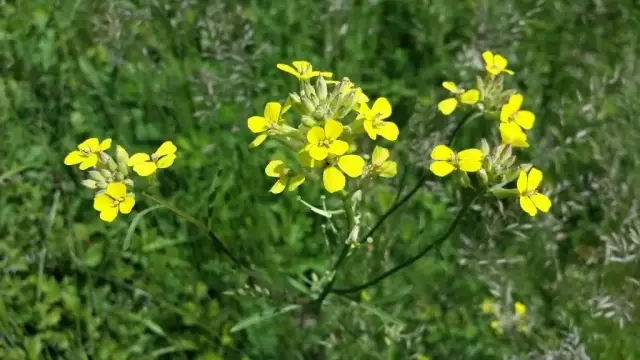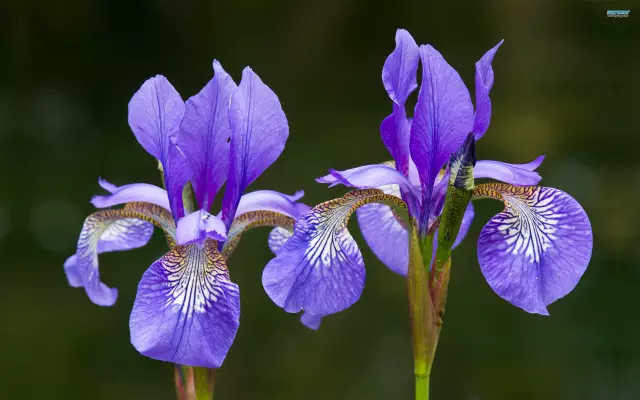- Author Rachel Wainwright wainwright@abchealthonline.com.
- Public 2023-12-15 07:39.
- Last modified 2025-11-02 20:14.
Ragwort
Instructions for use:
- 1. Application
- 2. Harm of ordinary

The ground plant is the largest genus of all flowering plants. He belongs to the Astrov family. With regard to its species, the data of botanists differ and cover from 1000 to 3000 species, which are found everywhere and have a variety of life forms.
The most common is the common groundwort - an annual plant belonging to the Asteraceae family and having an erect, low-branched stem, reaching a maximum height of 60 cm. The leaves of the plant are oblong, alternate, deeply dissected or lobed. The flower baskets of the common plant are not very large and consist of yellow tubular flowers.
Actually, most of all species of wild rose collect all the flowers in inflorescences at the tops, which makes the plants look like daisies. The color of flowers depends on the species and can be blue, red, violet, purple, yellow and orange. A plant can only have fruit in the form of seeds.
Plants of this genus are widespread throughout the world; they can be found with equal success in the arctic regions and in the hot tropics. The largest species diversity is perhaps found in the Mediterranean and South America.
It prefers grassy places near villages and along roadsides. The plant is considered a weed because it grows almost everywhere. For medicinal purposes, only the aerial part is used.
The use of a rosemary

The common wild rose contains the alkaloids senepin and senezionine, as well as vitamin C, many complex substances that are still poorly understood. In Tibetan medicine, plant flowers are used as part of other drugs that can be prescribed for encephalitis, cerebrovascular accidents, anemia and loss of strength.
Bulgarian folk medicine presupposes the use of the wild rose mostly externally, they are often treated with burns and wounds.
Traditional medicine in France advises the use of the plant in the form of a decoction or ointment (herb, rubbed with oil). Such remedies are used to treat blood boils, hemorrhoids, and hardened breasts. The squeezed sap of the plant is considered a good remedy for worms, as well as hysterical cramps and colic.
Traditional medicine of Priamurye and Primorye uses infusions and decoctions of the groundwort for the treatment of various kinds of irregularities in the menstrual cycle. In addition, it is considered a good haemostatic and antihelminthic agent.
To prepare an infusion from a plant, you need to pour two cups of boiling water over a teaspoon of dry herb, and then leave for about an hour. After that, the infusion must be filtered and taken twice or three times a day, a tablespoon.
Infusion is effective in violation of the menstrual cycle. Compresses and poultices using the infusion are useful for swollen testicles. With regular use, the infusion of the groundwort can increase the amount of semen in a man, experts in this case recommend using the infusion three times a day, 1/3 cup.
Slightly different properties of the plant sap, which is recommended for use in ulcers and non-healing wounds in the form of washings or lotions. External application of the leaves of the wild rose accelerates the maturation of abscesses of varying degrees and promotes the resorption of infiltrates.
Common groundwort harm
This plant cannot bring any particular harm to the body, but it should be used with caution.
Ragwort is contraindicated for pregnant women and young children, as well as for people with diseases such as circulatory failure, glaucoma, hypotension, urinary disorders, low stomach acidity. Sometimes the wild rose causes undesirable consequences, provided that you are individually intolerant to the grass.
Long-term use of the groundwort is not recommended.
Information about the drug is generalized, provided for informational purposes only and does not replace the official instructions. Self-medication is hazardous to health!

